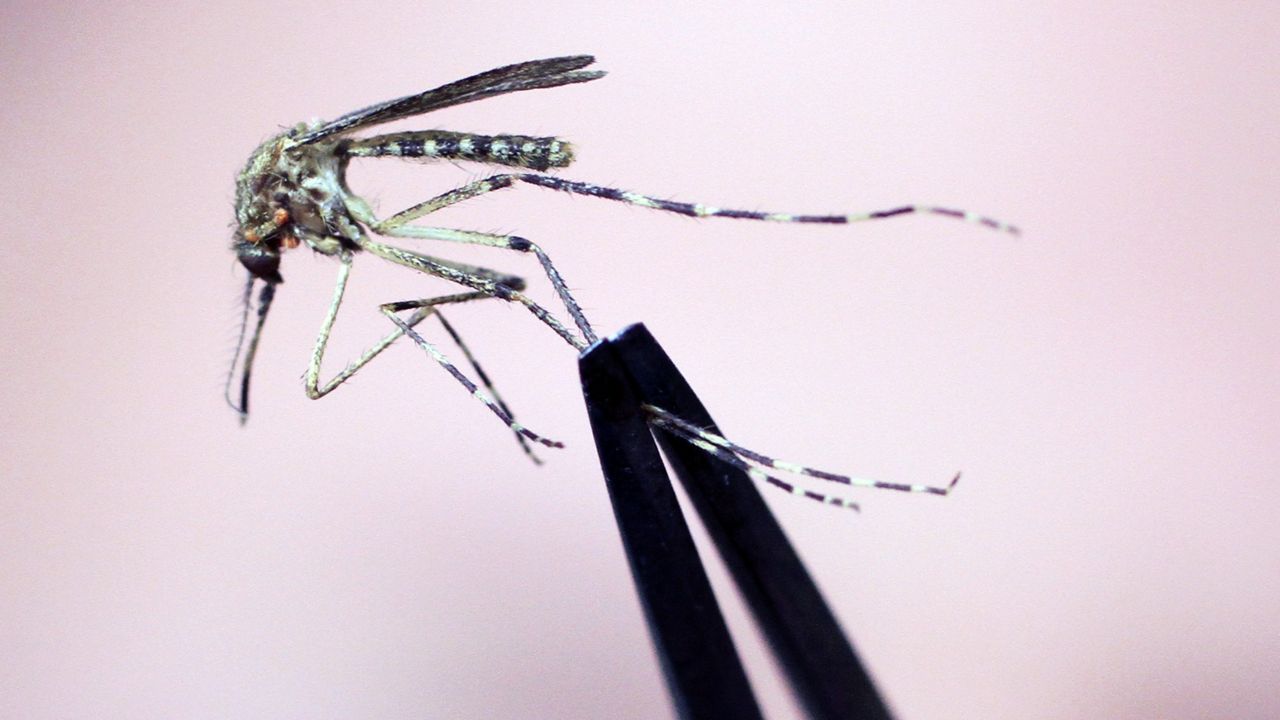West Nile virus has been detected in three more counties, the Maine Department of Health and Human Services warned.
Four wild birds tested positive in Piscataquis, Sagadahoc and Washington counties this week, according to DHHS.
In addition, an alpaca also tested positive for West Nile in Lincoln County, where the virus was detected in a bird earlier this summer. Groups of mosquitoes have also tested positive for West Nile in Waldo County.
West Nile, like Eastern Equine Encephalitis and Jamestown Canyon virus, is spread by the bite of an infected mosquito. It cannot spread from human to human or human to animal.
Initial symptoms are flu-like. Severe symptoms can include brain swelling and spinal cord inflammation.
Groups of mosquitoes in Penobscot County have also tested positive for Eastern Equine Encephalitis virus.
“With 13 out of our 16 counties showing the presence of mosquito-borne disease activity, Maine people and visitors should be extra vigilant about taking protections whenever you go outside,” Maine Center for Disease Control and Protection Director Puthiery Va said. “EEE, WNV, and JCV can have devastating effects on your health. We urge you to take simple steps to prevent mosquito bites, wherever you are in Maine, especially during this high mosquito-activity, high-risk time.
Mainers are urged to take the following steps against mosquitoes, which are most active at dusk and dawn:
- Wear long sleeves and long pants;
- Use an EPA-approved repellent on skin and clothes;
- Use screens on windows and doors;
- Drain artificial sources of standing water around the home to help prevent mosquitoes from laying eggs.
Animal owners should talk to veterinarians about prevention in their pets and livestock.










